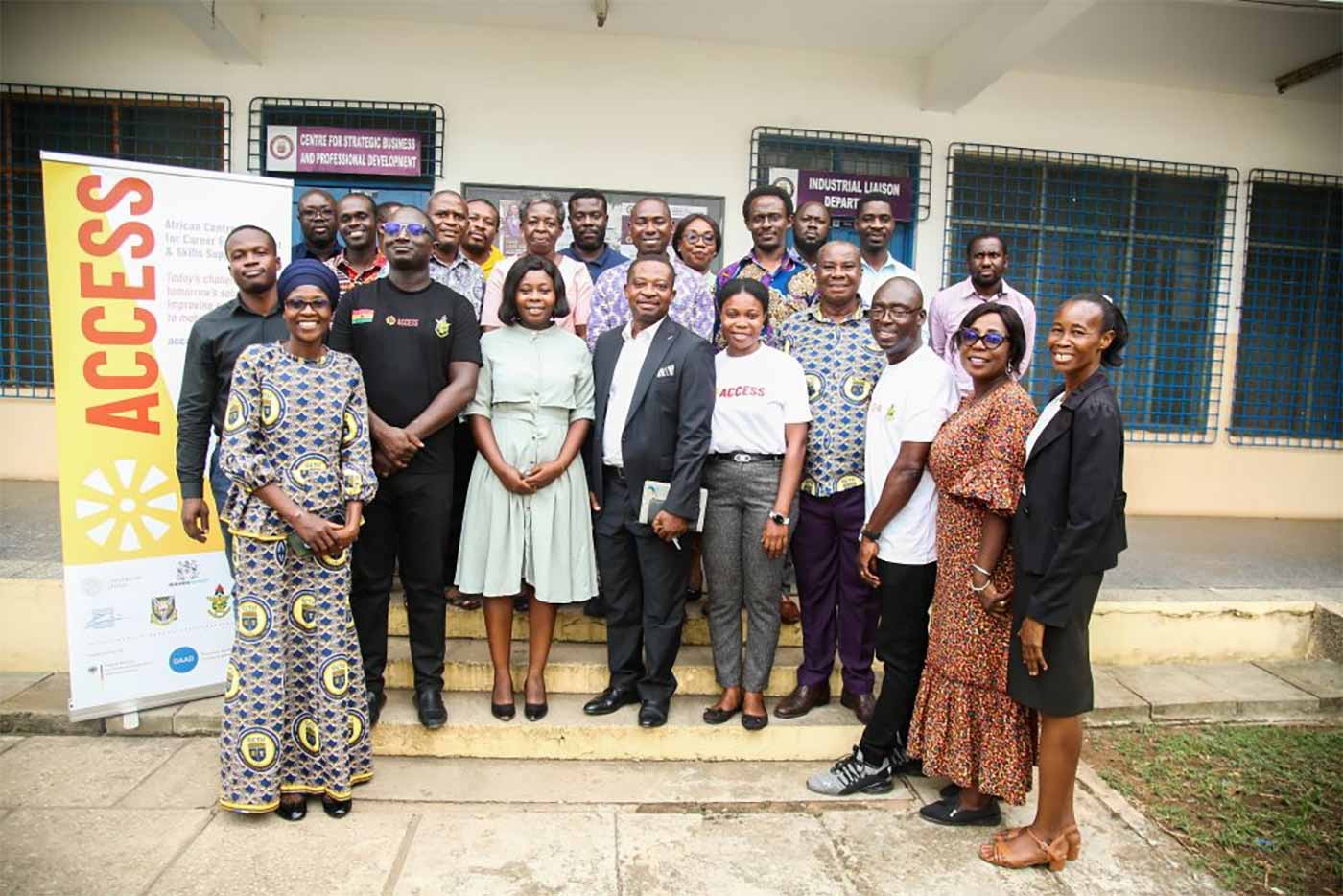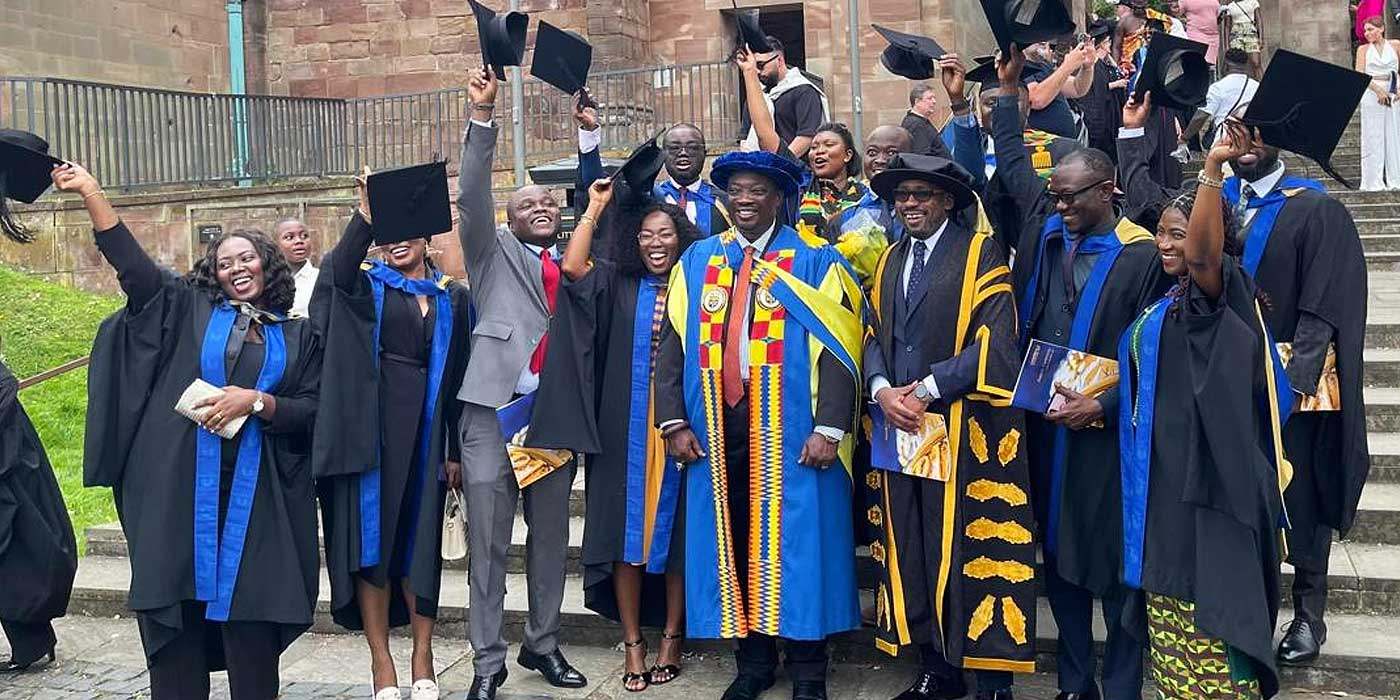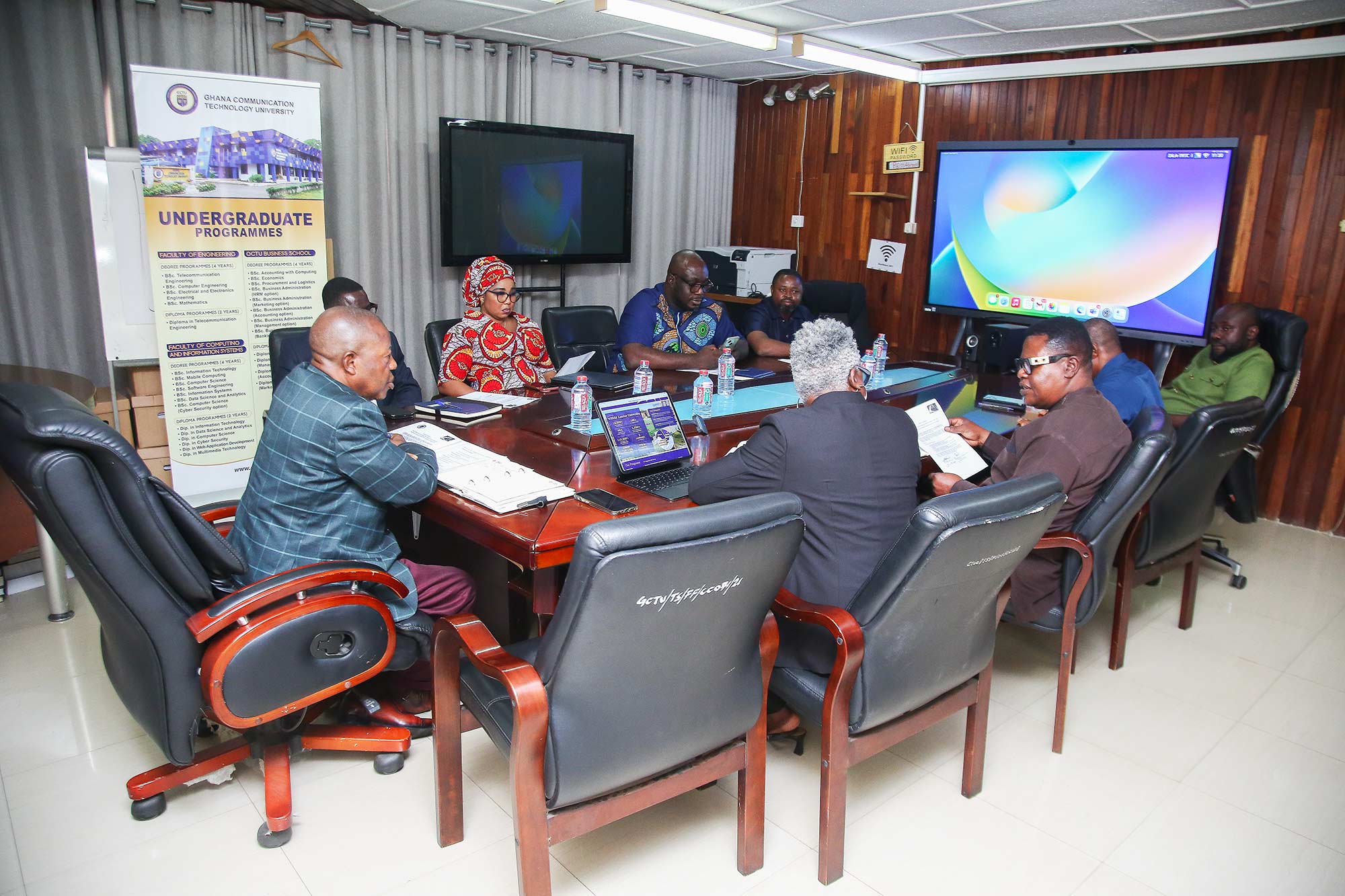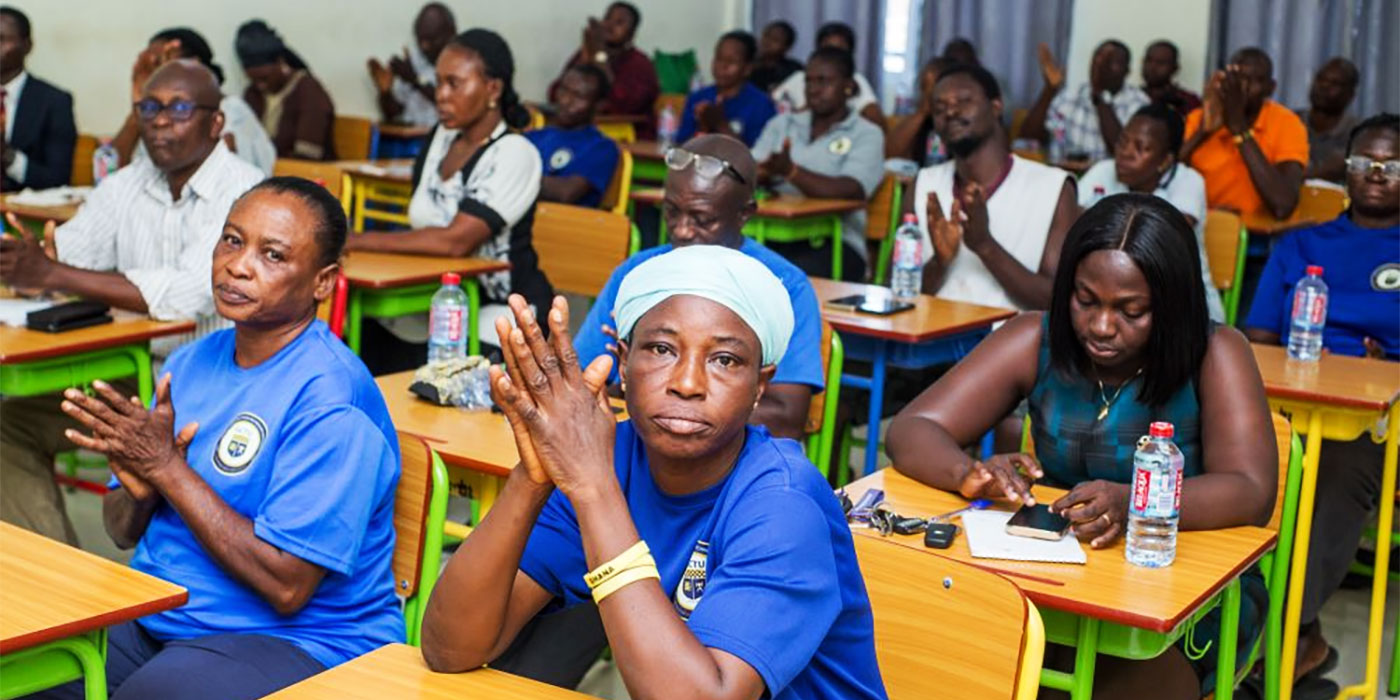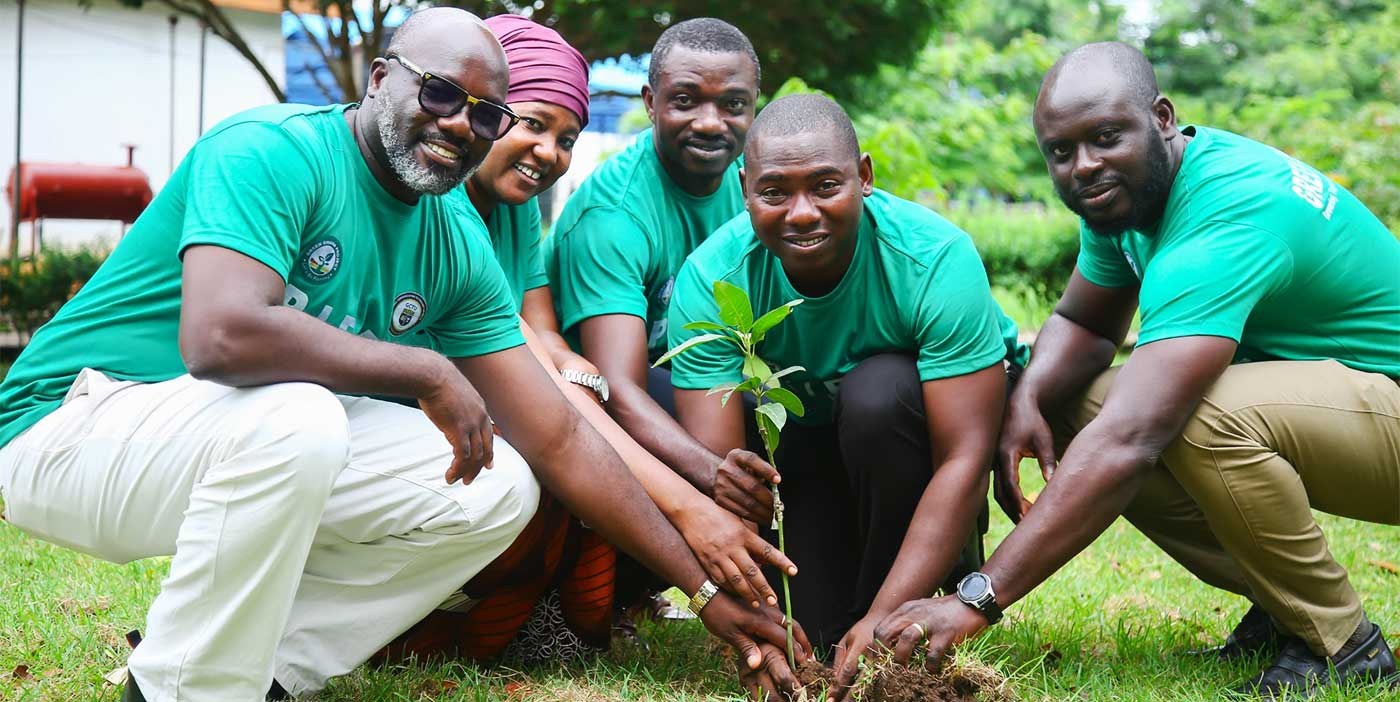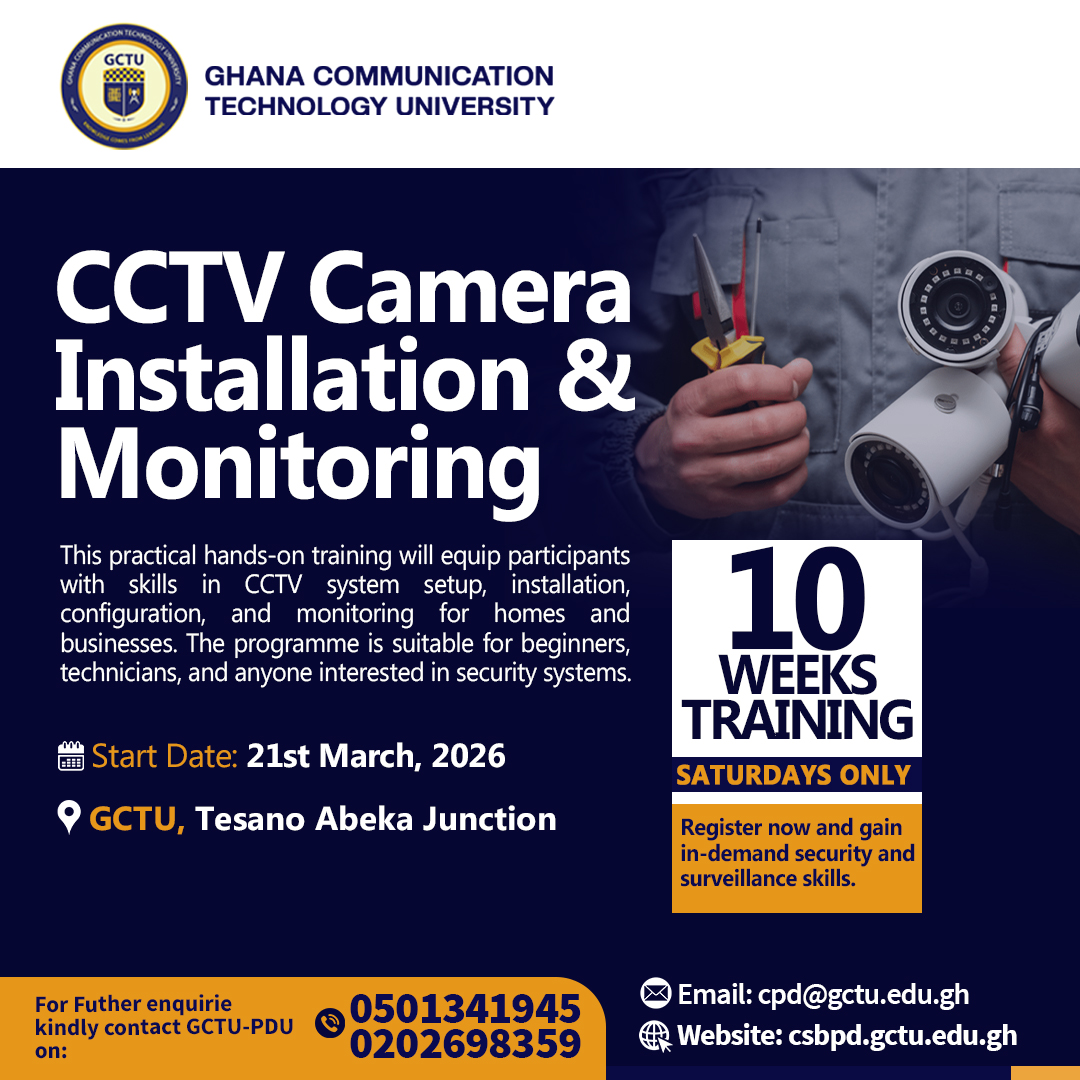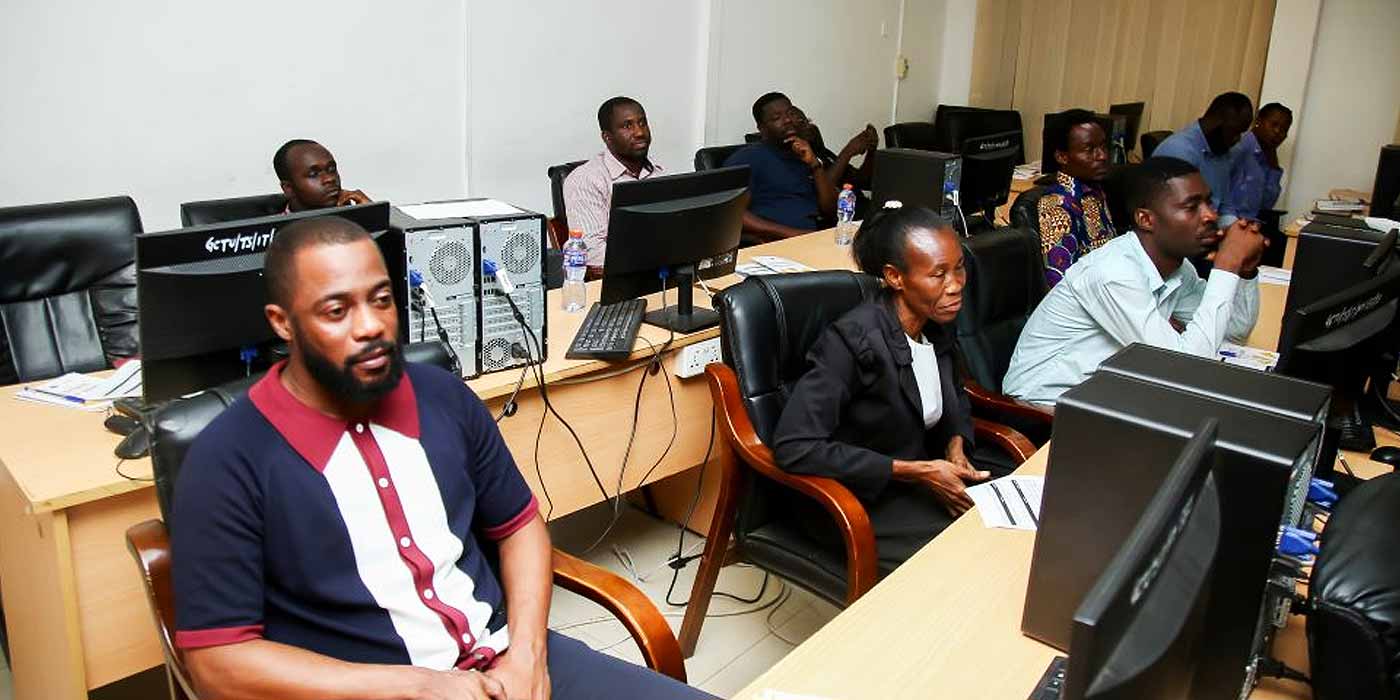
The Chief Executive Officer (CEO) of the Association of Ghana Industries (AGI), Mr. Seth Twum Akwaboah has said, the AGI is committed to partnering with GCTU to bridge the “ever-widening gap between classroom learning and the real-world application through internship/practical training.”
Mr. Akwaboah made this remark at a two-day workshop held from 19th to 20th March 2024 on the theme, “Establishing Profitable Synergy between Academia and Industry,” under the auspices of the GCTU Business School in collaboration with the African Centre for Career Enhancement and Skills Support (ACCESS).
The AGI CEO underscored the need to enhance students’ understanding with invaluable insights and practical experience related to their fields of study. He said, “Even though you are doing a bit of practical work, experience from the field would make it better.”
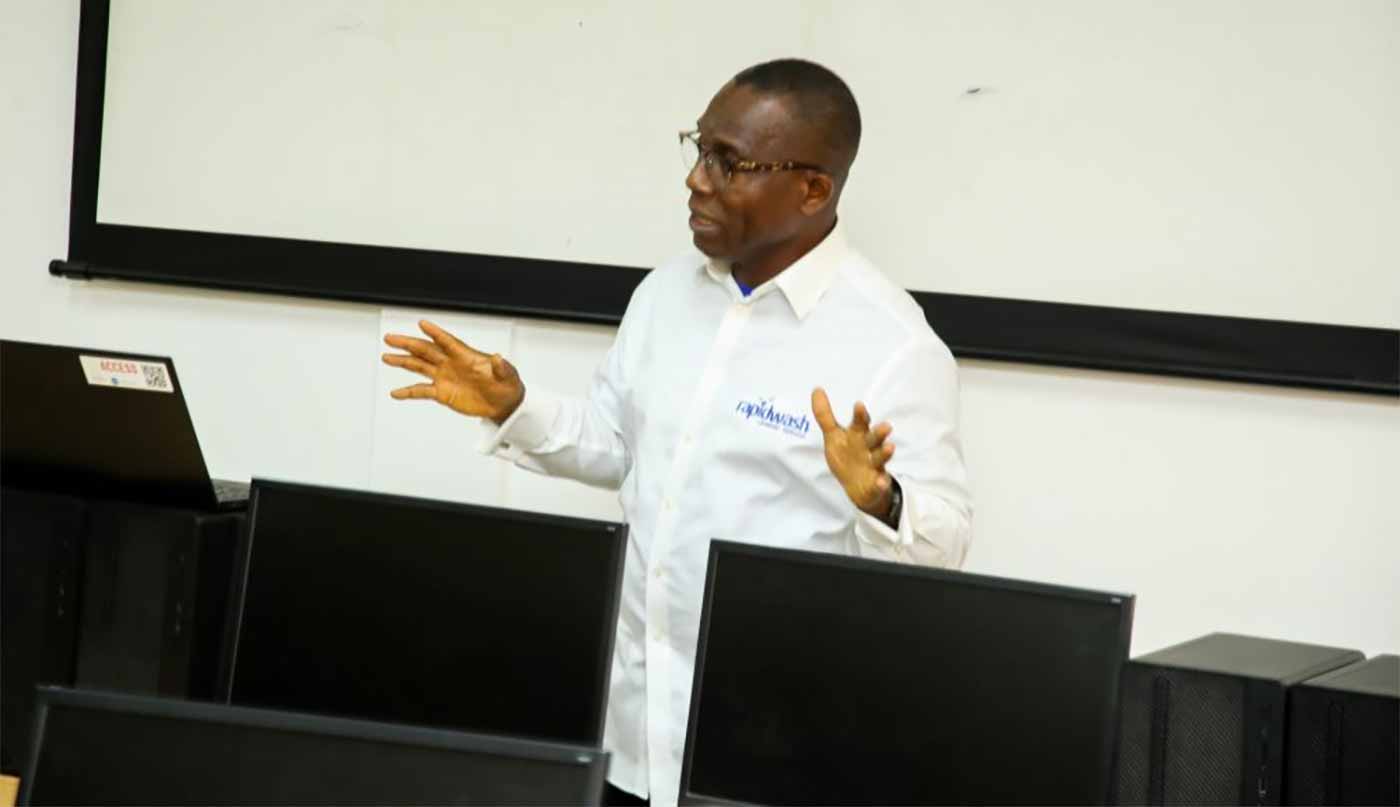
Mr. Akwaboah added that, most of the companies within the AGI have had to equip graduates with the needed skills for them to function effectively in the roles assigned to them on the job. He stressed that, it is essential for students’ products and innovations developed to be showcased to industry for the latter to harness students’ intellectual properties for industrial sustainability purposes. He elaborated, that AGI can even work with the University’s lecturers, to acquire more knowledge from industry to impact their students, so that they would not come out with only theories.
The CEO of Type Ltd, Mr. Coby Asmah, shared his experiences as an entrepreneur. He highlighted the need for effective partnerships between academia and industry to find a common ground to meet each other’s needs and create a substantial and sustainable win-win solution for the two parties.
“Engage industry and find out the kind of services they need to prepare your students for the job market,” he said. Mr. Asmah highlights the rapid pace of advancement, where software becomes outdated in just six months. He emphasized the dominance of artificial intelligence (AI) and encouraged embracing it as a tool for academic advancement rather than resisting its influence. “Instead of complaining about the intrusion of AI, use it as a tool to leverage your advancement in academia,” he said.
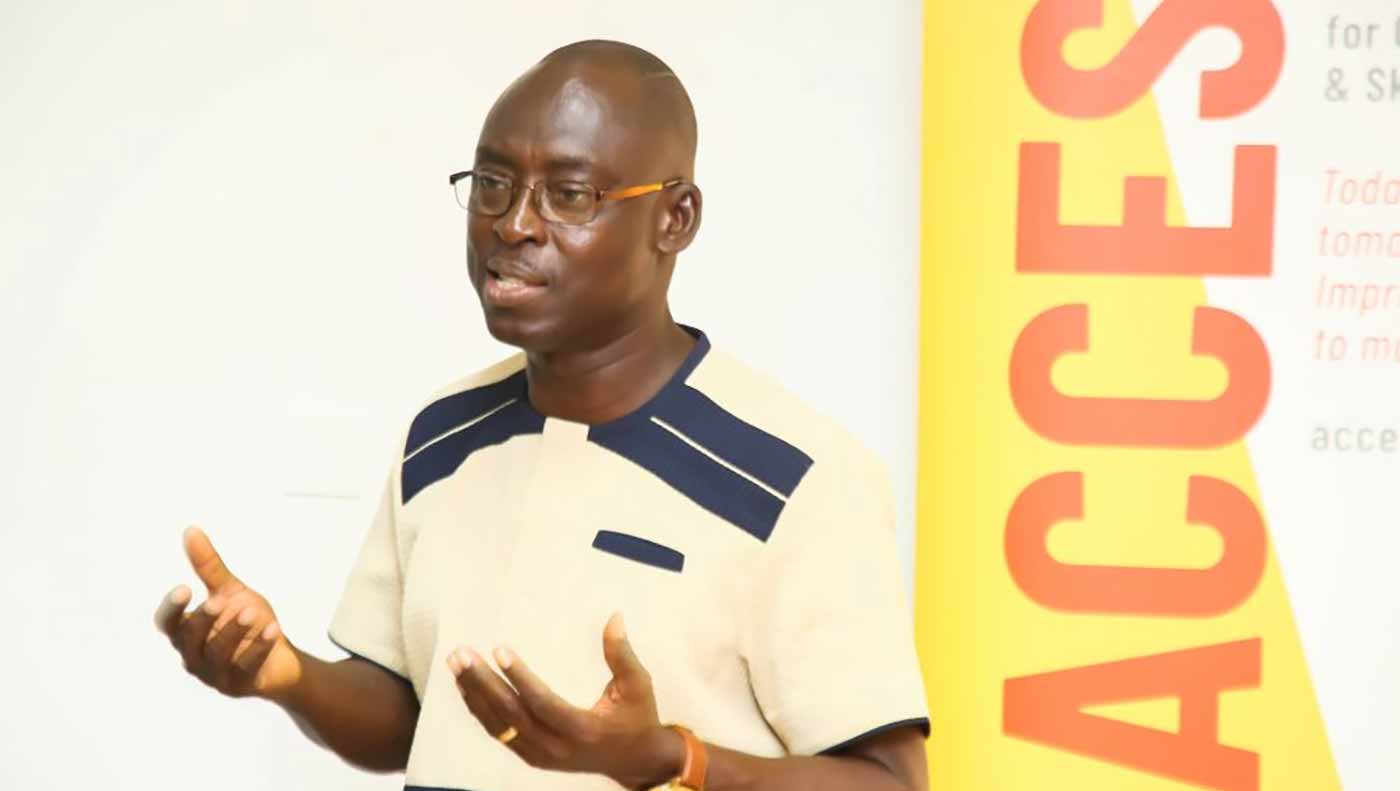
The Coordinator of ACCESS Project Ghana, Dr. Ralph Nyadu-Addo, delved into the topic of “University Business Linkages” (UBL), drawing from his own experiences. He stressed that UBL initiatives are inherently mutually beneficial and urged individuals to make the most of their time within their institutions. He advised: “Constantly ask yourself this question, what am I employed to do in UBL position in my faculty/department in GCTU.” He emphasized that solely working harder with existing abilities won’t yield better results; to achieve more in the future, one must be open to learning and implementing new methods and technologies.
A capacity-building member for ACCESS and Resource Person, Mr. Christopher Addo, gave a presentation on “Using Digital Tools to Support Learning.” He defined digital learning tool as any software or online platform that is designed to facilitate and enhance the learning process for students or learners. Mr. Addo noted, that digital learning tools can help make education more interactive, engaging and accessible and will allow learners to develop essential skills and knowledge while using modern technology. He gave examples of digital learning tools as, educational apps, E-books, Learning Management System (LMS), Online Assessment, Simulations and Videos.
Giving the closing remarks on behalf of the Vice-Chancellor and the team leader for ACCESS, GCTU, Prof George Oppong Ampong, the Head of Centre for Online Learning and Teaching (COLT), Dr. Emmanuel Freeman, urged the participants to share the knowledge acquired with other colleagues within their departments to enable them to benefit from the training.
